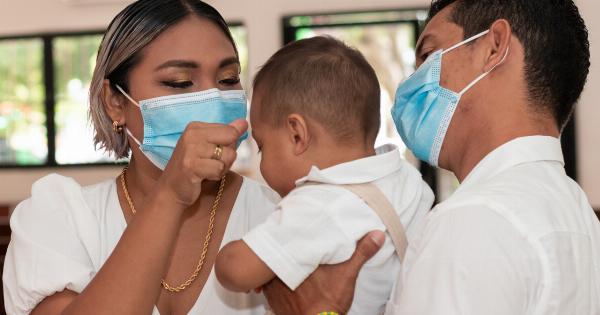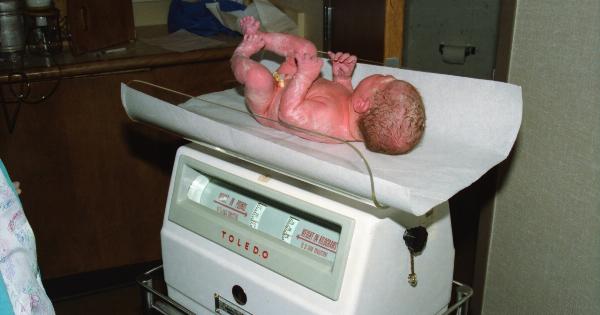Congratulations! You are in the 14th week of your pregnancy. By now, you have undoubtedly experienced many changes in your body and lifestyle. However, you can still expect more changes as your baby grows and develops during this stage of pregnancy.
In this article, we will cover what to expect during the 14th week of pregnancy.
Physical Changes
At 14 weeks pregnant, your uterus is starting to grow and you may begin to show a small bump. You may also experience some abdominal discomfort as your ligaments stretch to make room for your growing baby.
Your breasts may continue to grow and become more tender. Some women also experience darkening of the areolas and the appearance of small bumps on the nipples.
You may notice that your skin looks different during pregnancy.
Some women develop darker patches on their cheeks, forehead, and upper lip, known as melasma or the “mask of pregnancy.” You may also experience an increase in acne or skin dryness.
In addition to physical changes, you may experience some emotional changes as well. Many women feel a sense of relief during the second trimester as their risk of miscarriage decreases.
However, some women also experience anxiety or worry about the health of their baby, particularly if they have experienced complications or high-risk factors.
Baby Development
At 14 weeks, your baby is about the size of a lemon and is approximately 3.5 inches long. Your baby’s organs and body systems are continuing to develop and mature.
Your baby’s kidneys are producing urine, which is being released into the amniotic fluid. Your baby is also developing a fine layer of hair all over their body, known as lanugo.
Your baby’s brain is also rapidly developing during this stage of pregnancy. The cerebral cortex, which plays a role in sensation, movement, and consciousness, is beginning to take shape.
Your baby can make facial expressions, including frowning and squinting, and may suck their thumb.
Doctor’s Appointments
During the 14th week of pregnancy, you may have a regular prenatal appointment with your doctor or midwife.
Your healthcare provider will likely measure your blood pressure, check your weight, and palpate your uterus to feel for the baby’s position. Your provider may also listen to your baby’s heartbeat using a fetal Doppler device.
Your healthcare provider may also perform an ultrasound during this stage of pregnancy. This scan can help confirm your due date and estimate your baby’s size and weight.
It can also detect any abnormalities or complications, such as placenta previa or fetal growth restriction.
Diet and Exercise
Eating a healthy, balanced diet is essential during pregnancy. Make sure to consume plenty of fruits, vegetables, whole grains, and lean proteins. It is also important to stay hydrated by drinking plenty of water and other fluids.
Exercise is also important during pregnancy, as it can help improve your mood, increase your energy levels, and promote a healthy birth weight for your baby.
However, it is important to consult with your healthcare provider before starting any new exercise routine. Some activities, such as contact sports or hot yoga, may be unsafe during pregnancy.
Common Symptoms
During the 14th week of pregnancy, you may experience a variety of common symptoms including:.
- Increased appetite
- Nausea or vomiting
- Heartburn or acid reflux
- Constipation
- Fatigue
- Headaches
- Dizziness or lightheadedness
If you experience any severe or unusual symptoms, such as vaginal bleeding or severe abdominal pain, it is important to contact your healthcare provider immediately.
Conclusion
The 14th week of pregnancy is a time of change and growth for both you and your baby. You can expect physical changes such as a growing bump and breast tenderness, as well as emotional changes such as increased anxiety or worry.
Your baby is continuing to develop and mature, with their brain and body systems rapidly growing and changing. If you have any concerns or questions, make sure to consult with your healthcare provider.




























